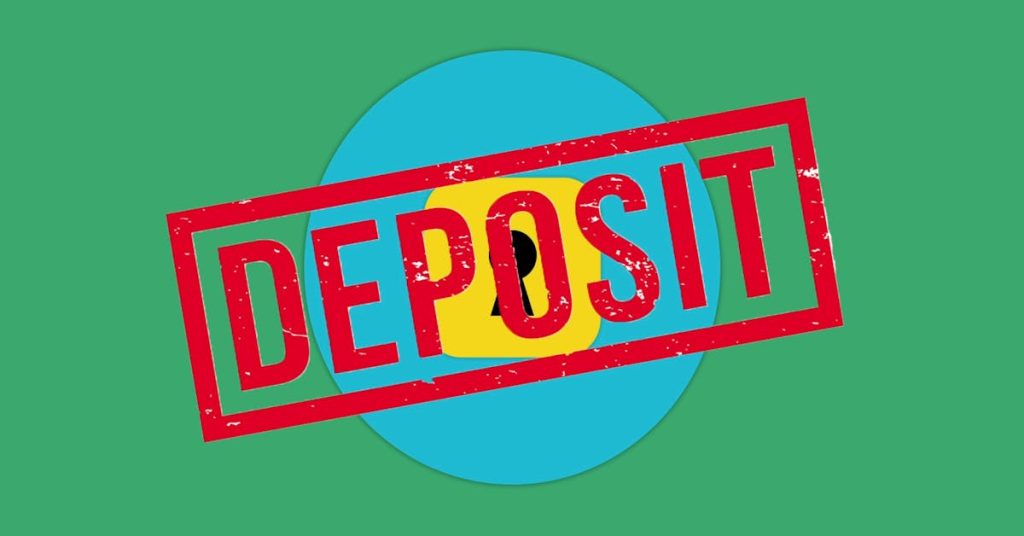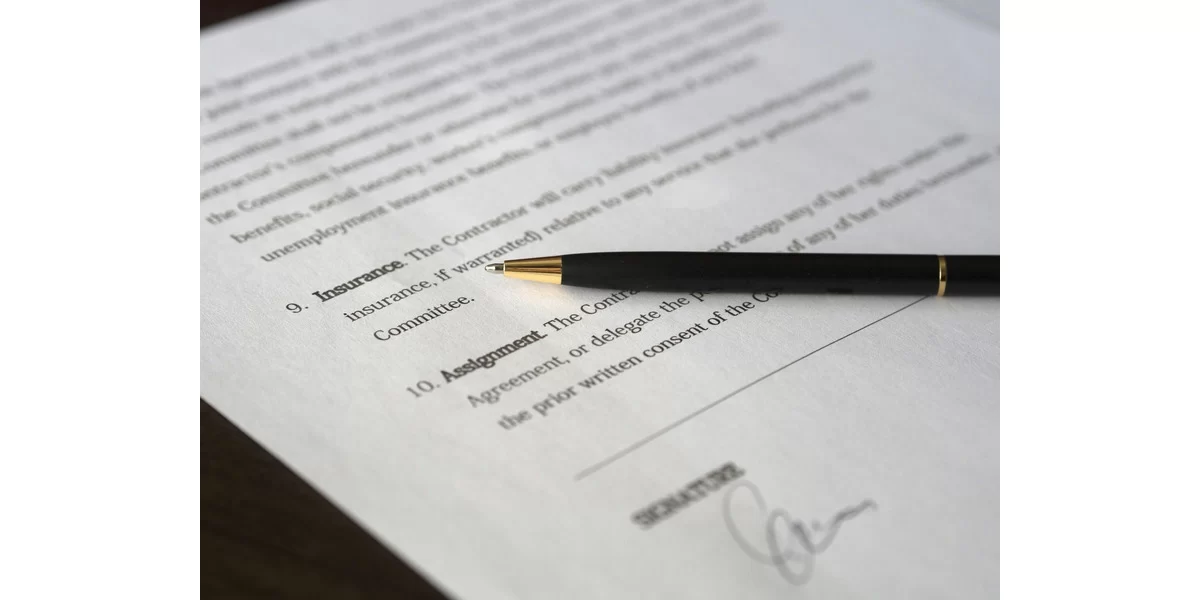Purchasing property without a deposit might seem daunting, but it’s possible with the right strategies and knowledge. This ultimate guide is designed to help you navigate the innovative approaches and financial solutions that can help you acquire property without the traditional upfront cash payment.
Whether you’re a first-time investor, homebuyer, or simply looking to expand your property portfolio, understanding these no-deposit buying options can open doors to real estate ownership that you might have thought were closed.
Table of Contents
ToggleWhat Are No-Deposit Home Loans?
No-deposit home loans are financing options that allow individuals to purchase property without needing a traditional upfront deposit.
These loans often rely on alternative forms of security, such as a guarantor or government guarantees, to provide lenders with the necessary protection against default.
While they enable buyers to enter the property market sooner, they may come with higher interest rates and additional fees to compensate for the increased risk to the lender.
How Can I Buy a House with No Deposit?
Buying a house in Australia with no deposit can be challenging, but there are a few strategies and options you might consider to get into the property market. Here are some possibilities:
- Guarantor Loans: A guarantor loan is one of the most common ways to buy a home without a deposit. This involves having a family member (usually a parent) who owns their own home in Australia agree to use the equity in their property as security for your loan. This can allow you to borrow up to 100% of the purchase price of your home, sometimes even covering associated costs like stamp duty and legal fees.
- First Home Owner Grants (FHOG) and Schemes: Depending on the state or territory, first home buyers in Australia may be eligible for grants or schemes designed to help get them into their first home. These can sometimes be used in lieu of a deposit, although conditions apply and it may not cover the entire purchase price.
- Shared Equity Schemes: Some states offer shared equity schemes, where the government essentially buys a portion of the property with you, reducing the amount you need to borrow. You live in the home and pay your mortgage, and over time you can buy out the government’s share if you choose.
- Saving a Deposit via a Rent-to-Buy Scheme: Some private companies or developers offer rent-to-buy schemes. This involves renting a property for a set period while part of your rent goes towards a deposit for eventually purchasing the home. However, these schemes can have higher than average rents and stringent conditions, so thorough research and legal advice are recommended before entering into such an agreement.
- 100% Home Loans: Very rarely, some lenders may offer 100% home loans to certain customers based on their financial situation, job stability, and credit history. These loans typically come with higher interest rates and may require lenders mortgage insurance (LMI).
- Personal Savings or Gifts: While not a no-deposit option per se, using personal savings, gifts, or inheritance as a deposit is a common way to enter the housing market. Some lenders may accept a gift from family members as a deposit, provided certain conditions are met.
- Lenders Mortgage Insurance (LMI): If you can save a small deposit, say 5% of the purchase price, you might be able to get a loan with Lenders Mortgage Insurance. This insurance covers the lender (not you) if you default on the loan, but it allows you to enter the market sooner than if you had to save a 20% deposit.
Each of these options has its advantages and disadvantages, and eligibility criteria can be stringent. It’s important to do thorough research and possibly consult with a financial advisor or mortgage broker to understand the best path for your circumstances.
What Are the Risks of Buying Property with No Deposit?
- Higher Borrowing Costs: Without a deposit, you’re likely to pay a higher interest rate over the life of the loan. Lenders view no-deposit borrowers as higher risk.
- Lenders Mortgage Insurance (LMI): If you borrow more than 80% of the property’s value, you’ll typically have to pay LMI, which can be tens of thousands of dollars added to your loan.
- Financial Stress: Without property equity, any market downturn could leave you owing more than your home is worth. This situation, known as negative equity, can be financially stressful.
- Limited Options: Not all lenders offer no-deposit home loans, limiting your choices and potentially leading to less favorable loan terms.
- Guarantor Risks: If you have a guarantor, they are legally responsible for your loan if you default. This can strain relationships and put the guarantor’s property at risk.
- Overextending Financially: Borrowing 100% of the property’s value can lead to overextending your finances, leaving little room for unexpected expenses or interest rate rises.
Buying a house with no deposit can seem like an attractive option to enter the property market sooner, but it’s essential to consider the financial implications and risks carefully.
It’s advisable to consult with a financial advisor or mortgage broker to understand your options and the best path forward based on your financial situation.
Can First-Time Buyers Purchase Without a Deposit?
Yes, first-time buyers can purchase a home without a deposit in Australia through various means, although it’s challenging and comes with specific conditions and potential risks.
Considerations for First-Time Buyers:
Lenders Mortgage Insurance (LMI): Borrowing more than 80% of the property’s value usually requires LMI, adding a significant cost to the loan.
- Higher Interest Rates: Loans that are seen as higher risk, such as those without a deposit, often come with higher interest rates, increasing the total amount repaid over the life of the loan.
- Financial Stability: It’s crucial to assess your financial stability and ability to meet mortgage repayments, especially without any equity in the property. Interest rate rises or unexpected financial setbacks can significantly impact your ability to maintain repayments.
It’s advisable for first-time buyers considering purchasing a home without a deposit to consult with a financial advisor or mortgage broker. These professionals can provide tailored advice and help navigate the complex landscape of home loans, ensuring that buyers make informed decisions that suit their financial situations.
What Government Programs Assist in No-Deposit Home Buying?
In Australia, while first-time buyers typically need to save for a deposit to purchase a home, several government programs and schemes can assist in reducing the upfront costs, making it easier for them to enter the housing market. Here’s an overview of some of the key initiatives:
1. First Home Loan Deposit Scheme (FHLDS)
The First Home Loan Deposit Scheme allows eligible first-time buyers to purchase a home with as little as a 5% deposit without paying Lenders Mortgage Insurance (LMI). The government is a guarantor for the remaining deposit requirement, essentially helping buyers avoid the cost of LMI.
2. First Home Super Saver Scheme (FHSSS)
The First Home Super Saver Scheme enables first-time buyers to save money for their home inside their superannuation fund. This can help accelerate savings for a deposit because of the concessional tax treatment within super. Individuals can contribute voluntary contributions to their super fund and later withdraw these funds (up to certain limits) to use towards their first home.
4. State-Based First Home Owner Grants
Many states and territories in Australia offer their own First Home Owner Grants (FHOG). These grants typically provide eligible first-time buyers with a one-off payment to help with the purchase of a new or substantially renovated home. The amount and conditions vary by state and territory.
5. Stamp Duty Concessions
First-time buyers may also be eligible for stamp duty concessions or exemptions, which can significantly reduce the cost of purchasing a home. Like the FHOG, the availability and amount of these concessions vary depending on the state or territory.
Accessing These Programs
Eligibility: Each program has specific eligibility criteria, including income caps, property value caps, and residency requirements. It’s important to review these carefully to determine your eligibility.
Application Process: The application process can vary from one program to another. Some require you to apply through your lender, while others may require direct application to the government or relevant authority.
Combining Schemes: In some cases, you might be able to combine different schemes to maximise your benefits, such as using the FHSSS to save for your deposit and then applying for the FHLDS to reduce the required deposit amount further.
Discover the Path to Your Dream Home with Zero Deposit
Unlock the secrets to buying your first home without upfront cash! “The Ultimate Guide to Purchasing Property without a Deposit” is your roadmap to navigating no-deposit home buying. With expert insights from CJC Law, this guide demystifies the process, highlighting government programs and innovative strategies to secure your dream home. Start your journey towards homeownership today—effortlessly and affordably.





